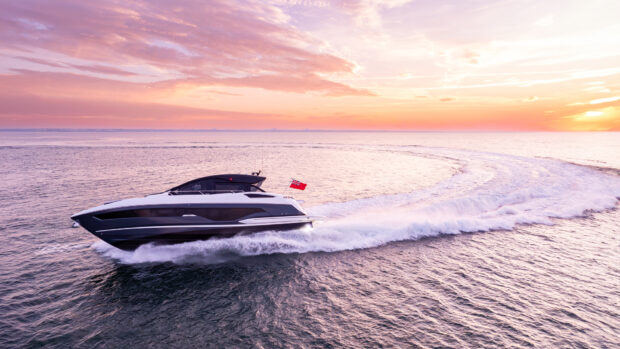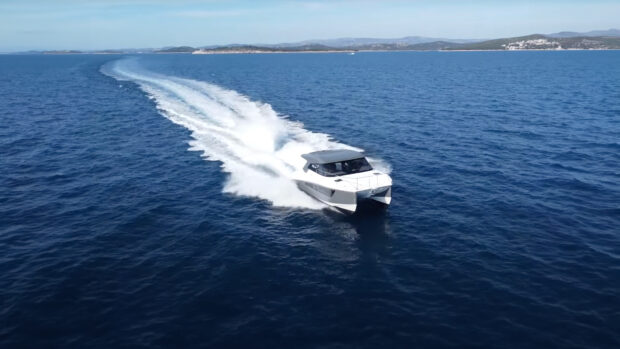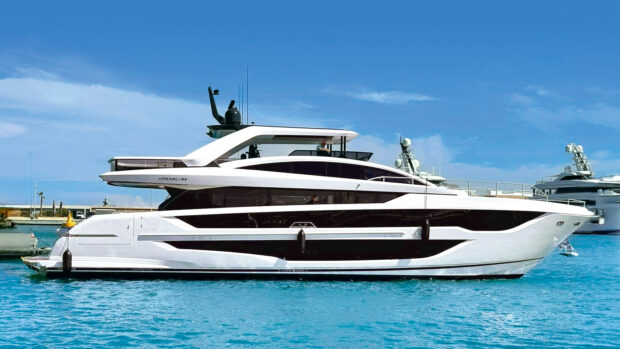As the authorities begin to take a keener interest in our leisure time...
As the authorities begin to take a keener interest in our leisure time – see recent issues of MBY, and indeed this one, on such subjects as light dues (with the attendant threat of boat registration), compulsory passage plans, and the unearthing of all-but-unknown regulations about compulsory safety equipment (see last month) – it is reassuring to discover that we have friends in high places. Or one friend, at any rate.
The Marine Accident Investigation Branch of the Department for Transport has just published its Annual Report for 2001. In his foreword to the booklet, the departing chief inspector, Rear Admiral John Lang, summarises the Branch’s findings in their various areas of responsibility, starting off with merchant shipping, and then the fishing industry.
Of the leisure craft sector he says: “There is much to be said for the self-regulating nature of leisure craft activities in this country, and there is ample evidence to suggest that it produces competent, safety-conscious skippers and crews.
“As a form of recreation,” he continues, “going afloat under sail or power has few rivals. It should be the greatest fun and, in the risk-averse society we live in today, it is among the most effective ways of introducing adventure, self-reliance and self-discipline to the young. But such activities carry three essential prerequisites: personal responsibility, meticulous preparation and an honest appraisal of one’s limitations.
“Poor preparation, or irresponsible behaviour by a few, invites adverse comments about the competence of all leisure craft users. Skippers who fail to prepare their craft and equipment properly, or who think they know it all and place themselves and their crews in danger, are likely to be the people who will have the accidents and will, ultimately, be responsible for the introduction of ever more rules and regulations.”
We couldn’t have put it better ourselves.










